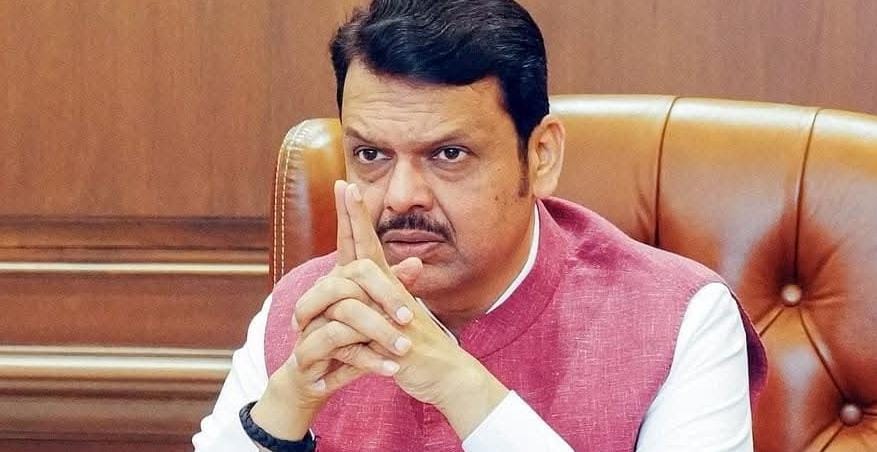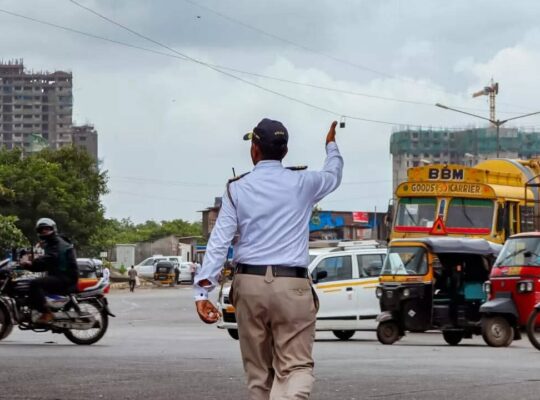Mumbai : In a significant move to strengthen the green economy, the Maharashtra Cabinet, led by Chief Minister Devendra Fadnavis, has approved the Maharashtra Bamboo Industry Policy 2025. The policy aims to provide farmers with a sustainable and eco-friendly source of income while positioning the state as a leader in bamboo cultivation and processing.
The state expects investments of Rs 50,000 crore in the bamboo sector, potentially creating employment for over five lakh people across Maharashtra. For the implementation of the policy from 2025 to 2030, the Cabinet has sanctioned Rs 1,534 crore, with a total outlay of Rs 11,797 crore over 20 years. The current financial year will see Rs 50 crore allocated to kickstart the initiative.
Aligned with the National Bamboo Mission and Maharashtra Mission 2023, the policy plans to establish 15 dedicated bamboo clusters with anchor units and common facility centres to promote large-scale production, processing, and value addition. Bamboo farmer producer organizations, contract farming models, and bamboo-based industries will be encouraged, while micro common facility centres will support bamboo artisans, particularly in remote areas.
Agricultural universities and international institutions will collaborate on research, training, and technology transfer. Incentives for bamboo-based industries include interest subsidies, electricity duty concessions, and waivers on stamp and registration fees, while a Rs 300 crore venture capital fund will support startups and SMEs in the sector.
Maharashtra has also partnered with the Asian Development Bank, submitting a Rs 4,271 crore project report to the central government for quality bamboo seedlings and farmer training programs. A Production Linked Incentive (PLI) scheme will bridge the gap between demand and supply, and bamboo biomass will be integrated into thermal power plants with a target of 5–7% blending. Advanced technologies like GIS, MIS, blockchain, drones, and tissue culture labs will modernize the bamboo value chain.
The policy also encourages bamboo plantations on open and fallow lands through MNREGA and public afforestation initiatives. Globally, the bamboo market is projected to reach USD 88.43 billion by 2030, while India’s current share in bamboo exports stands at 2.3%, with the domestic industry valued at Rs 28,000 crore.
Maharashtra ranks third in India for bamboo cultivation, covering 1.35 million hectares and producing 9.47 lakh tonnes in 2022. Existing clusters are in Amravati, Sindhudurg, and Bhandara, and the state’s potential production could reach 15.7 million tonnes annually in the coming years.
This policy marks a major step in transforming Maharashtra into a hub for sustainable bamboo production, processing, and export, while promoting employment and green development.











